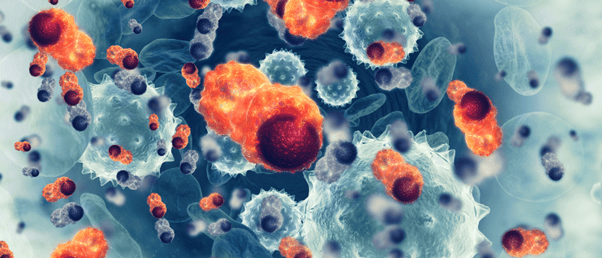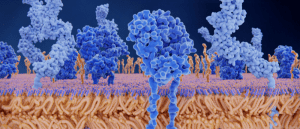Meet the good virus: virotherapy for treatment-resistant cancers

A new study reveals how coupling virotherapy with advanced immunotherapies has the potential to fight treatment-resistant cancers.
Cancer often goes unnoticed as the immune system struggles to detect tumors and identify cancer cells as non-self invaders. When undetected, tumor cells can metastasize without immune system intervention.
Researchers from Arizona State University (AZ, USA) have demonstrated the potential benefits of coupling two methods, immunotherapy and virotherapy, to combat treatment-resistant cancers.
Current immunotherapeutic techniques aren’t always enough to eradicate certain cancers and researchers are continually developing ways to support the immune system by boosting immune-cell recognition of cancerous cells via adoptive cell therapy (ACT) techniques. ACT comprises T cell collection from the patient, modification and reinjection to boost the targeting of T cells to cancer cells.
In this current study, two ACT immunotherapies were used – CAR T-cell therapy (CART) and T Cell Receptor Engineering (TCR) – in conjunction with a virus.
 Preparing the troops: cryo-EM image provides insight into T-cell activation
Preparing the troops: cryo-EM image provides insight into T-cell activation
Researchers use cryo-EM to study how signaling events are activated following a T-cell receptor–antigen interaction.
Oncolytic viruses are viruses that can kill cancer cells without damaging healthy cells along the way. The researchers showed that oncolytic viruses could be used in concert with ACT immunotherapies to deliver a fatal blow to cancer cells while also boosting the immune system.
The researchers found that CAR T-cells or TCR cells infected with myxoma virus instigated a new type of cancer cell death called autosis. Killing targeted cancer cells via autosis also showed bystander killing, an event where cancerous cells surrounding the therapeutic target are also killed. This enhances this coupled therapeutic’s ability to successfully fight treatment-resistant cancers.
“We are at the edge of discovering newer aspects of the myxoma virus and oncolytic virotherapy,” corresponding author Masmudur Rahman commented. “In addition, these findings open the door for testing cancer-killing viruses with other cell-based cancer immunotherapies that can be used in cancer patients.”